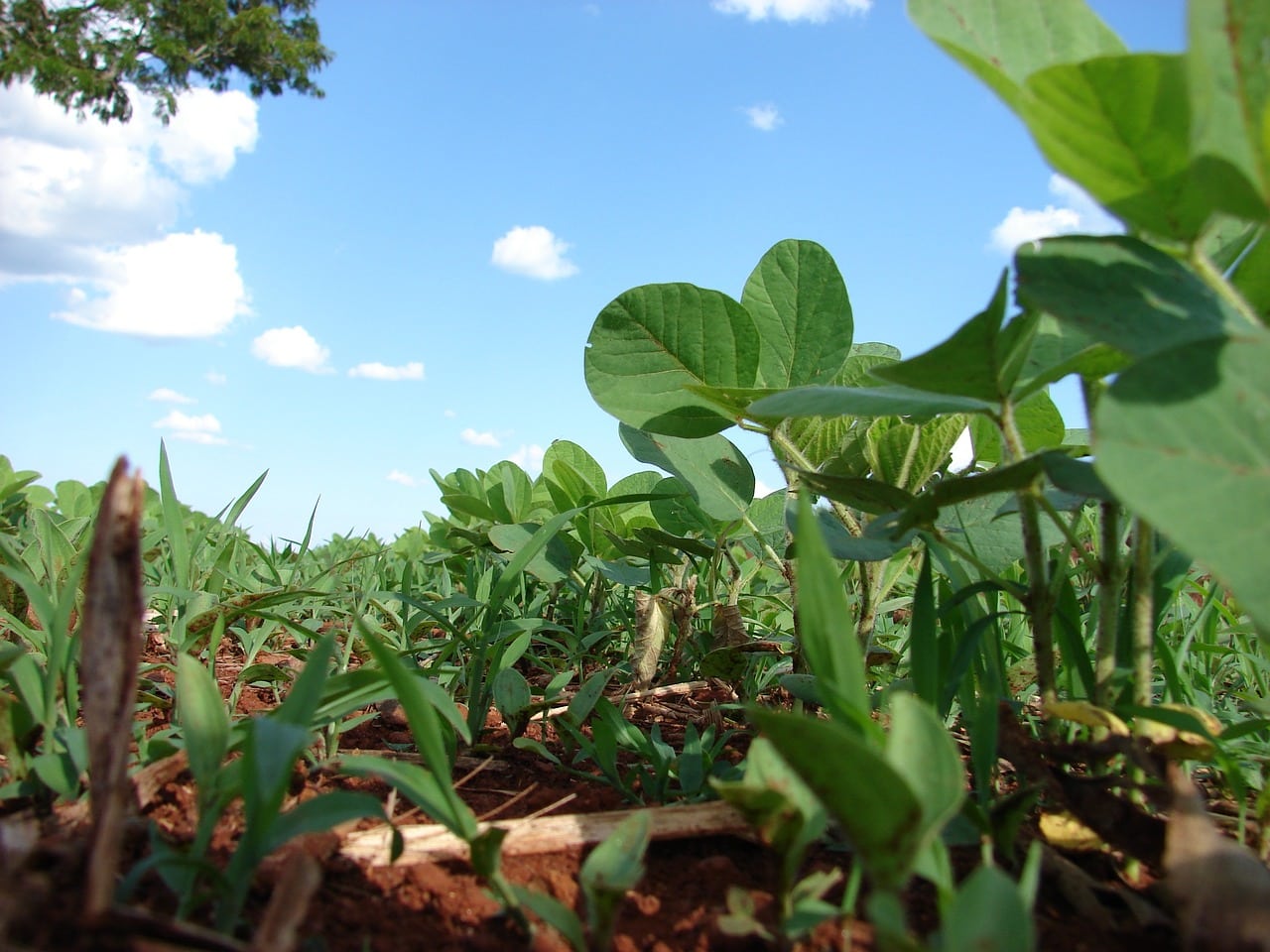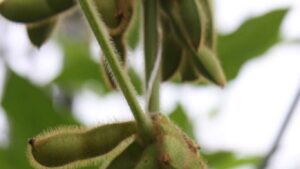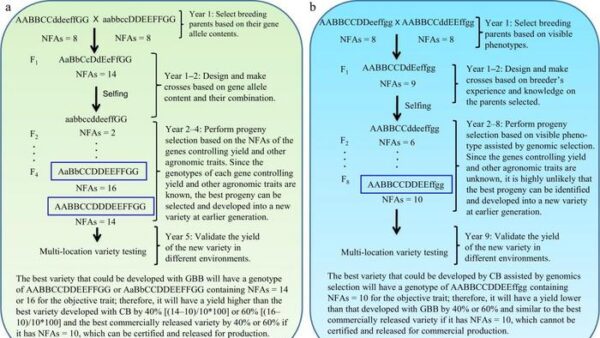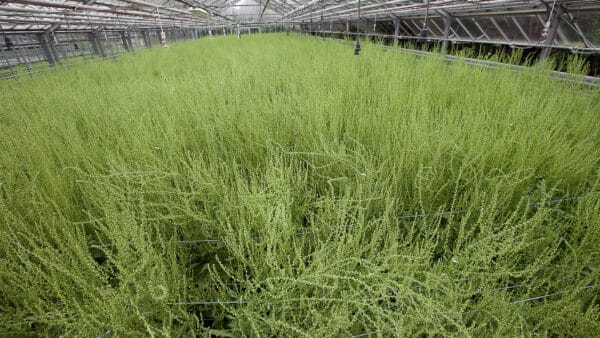BASF and Solidaridad have joined forces to explore the amplified impact of sustainable farming practices on biodiversity, environmental preservation, and the harmonious coexistence of agriculture with vital pollinators such as bees. Their collaborative endeavor will focus on a network of small to mid-sized soybean farmers in Brazil, according to a press release.
Assisting them in this venture are two key organizations: GeoApis, tasked with monitoring managed bee populations and facilitating communication between farmers and beekeepers, and Wheatley Young Partners, entrusted with evaluating the feasibility of a nature-market initiative in Brazil. This innovative market model aims to compensate farmers for implementing and maintaining environmental service projects on their land. The inaugural phase of the project started in January 2024 and is slated to continue for 12 months.
Soy production holds a pivotal position within the global food and feed sectors. However, its expansion has triggered concerns regarding biodiversity loss, particularly in critical regions like Brazil, the largest soybean producer worldwide. Acknowledging the significance of sustainability, the partners aim to tackle these challenges and instigate positive transformations.
“What is new about this project is the multi-stakeholder co-creation approach,” said Sergi Vizoso-Sansano, Senior Vice President BASF Agricultural Solutions Latin America. “We want to jointly develop metrics and practices to favor the creation of a biodiverse environment that are accepted and achievable by all stakeholders – farmers, NGOs, the industry and other experts.”
The release notes that the number of farms, metrics collected, and activities carried out will be defined jointly during the project.
“We are very excited about this partnership, as the basis of our work is to support farmers to produce better and reduce the environmental impact of food production”, said Rodrigo Castro, Country Manager of Solidaridad in Brazil. “We will support small and medium-sized soybean farmers with technical assistance to enhance productive resilience and sustainability of the farms. Adjustments to activities carried out on the property, as well as new practices will be promoted to create a favorable context for biodiversity and production.”
The project places a special emphasis on pollinators such as bees. While many soybean varieties are designed for self-pollination, research indicates that pollinating insects can enhance soybean production. Pollination or cross-pollination can boost yields by as much as 12 percent, primarily by enhancing seed set—the quantity of seeds produced per soybean pod.
“There can be downsides to food production when there is a lack of certainty, value, awareness, and access to the most sustainable practices,” Vizoso-Sansano added. “In a world where preserving biodiversity is critical for our future, we need to create solutions that integrate enhanced biodiversity on farms with productive agriculture. We are excited about the potential for nature-markets to incentivize farmers to improve their sustainable practices.”
Drawing from field insights, the partners will forge ahead in formulating and assessing the viability of a nature-market concept in Brazil. The long-term goal is to establish an environment where farmers are motivated to integrate nature-positive initiatives into their existing agricultural operations. For example, companies could meet their environmental goals by purchasing nature-positive credits through a market that pays farmers to deliver and maintain environmental projects and practices on their land.













